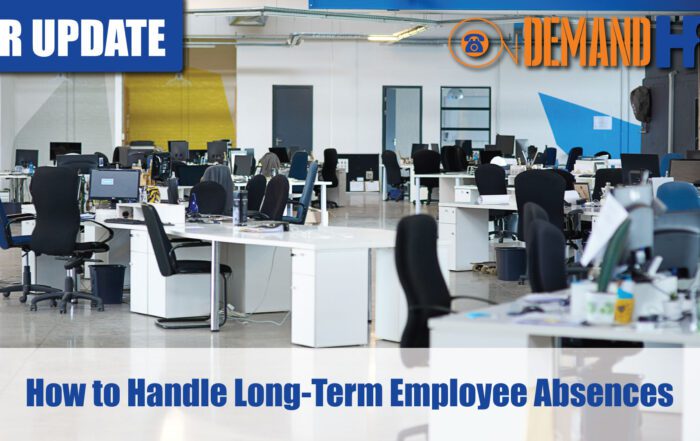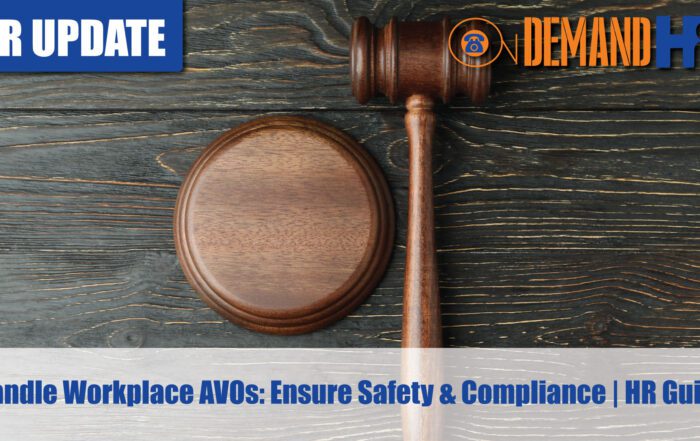Should You Direct Your Employees To Return To The Office 5 Days Per Week?
There is no doubt that one of the by-products of the pandemic was an unprecedented working from home experiment. Businesses were forced to adapt to the restriction of movement of their employees, upgrade their IT infrastructure, and change their mindset to measuring productivity, not just bums on seats. As we are now (hopefully) at the tail end of the pandemic, employers are now faced with a new challenge of record low unemployment and a change in the expectations of employees. No longer are employees expected to justify why they need to work from home from time to time, employers are expected to justify why they expect their employees to return to the office else risk losing key employees to competing offers.
Please see below for a full transcript of this video
Share the HR or workplace relations challenge facing your business and one of our experienced consultants will be in touch within 24 hours with a strategic action plan or discover the best strategy yourself by accessing out free online training library.
Transcript
There is no doubt that one of the by-products of the pandemic was an unprecedented working from home experiment. Businesses were forced to adapt to the restriction of movement of their employees, upgrade their IT infrastructure, and change their mindset to measuring productivity, not just bums on seats. As we are now (hopefully) at the tail end of the pandemic, employers are now faced with a new challenge of record low unemployment and a change in the expectations of employees. No longer are employees expected to justify why they need to work from home from time to time, employers are expected to justify why they expect their employees to return to the office else risk losing key employees to competing offers.
From an On Demand HR perspective, if employers are expecting to direct white collar workers to return to an office environment 5 days per week, in order to retain their key staff, they will be required to offer premium salaries in a record low 4% unemployment where candidates are spoilt with unprecedented choice. In addition, speaking from on the ground experience in the recruitment market, work flexibility is a key consideration for candidates who are often expiring multiple offers at the same time. So to manage recruitment and retention in your business in 2022, work flexibility is close to the number one consideration.
Employers will be required to change their mindset and offer flexibility wherever possible. To offer an example of our own business here at On Demand HR, we have one day per week where all of us travel to the office. We ensure that we schedule all of our collaborative tasks for this day, as well as adding a social element to the day by providing lunch. The rest of the week unless required, we all work from home allowing us to focus on implementing and carrying out the action items agreed on our collaborative day.
They key message we are trying to deliver here is that when it comes to work flexibility, the crisis thinking required in the middle of the pandemic “how can I enable my employees to work from home?” Is now over. The has come for businesses to strategically think about “should I require my employees to return to the office?” And if so “how often?”. The mindset of “going back to how we have always done it” is simply not going to cut when it comes to recruitment and retention in 2022.






